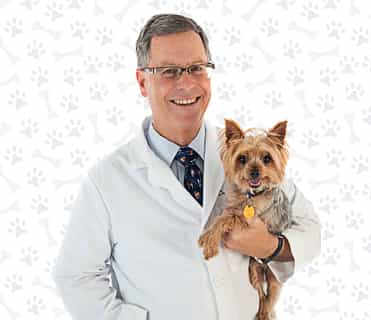- Difficulty or hesitation to sit down or get up
- Difficulty jumping up or reluctance to climb stairs
- Lameness in one or more limbs
- Stiffness in the morning that improves as the day progresses
- Subtle signs that the pet may not want to put weight on the limb
- Sensitivity when touched in certain areas
Ariel’s amazing life is the inspiration behind Ask Ariel. Why? Because Ariel led a life of good health that all of us---both human and animal would be grateful to attain. In fact, until a week before her death at 14 years of age (old for a 54 pound dog), Ariel was still running through the meadows, playing with her ball and enjoying a zest for life that few have ever seen. Ariel NEVER appeared to be an “old dog”.
Did you know that untreated periodontal disease can have deadly consequences? Over 90% of pets at least 2 years of age have some form of periodontal disease. A proper diet, regular cleanings and natural supplements are essential for pet dental health. Many places offer anesthesia-free dental cleanings with a veterinarian’s supervision. Saving your pet's teeth and keeping your pet's mouth healthy is a priority. Please put your pet’s dental health on your schedule. Be sure to check with your veterinarian’s office to see when they might have a special for dental care and plan ahead.
To learn more about how how your pet's dental health can become a medical emergency, click here to read the entire article.
- Increased thirst and urination
- Increased hunger
- Panting (especially dogs)
- Increased susceptibility to infections (especially bacterial skin infections)
- Urinary Tract Infections (UTI) – may not have typical symptoms (because of the anti-inflammatory effect of the steroids) Periodic urine analyses is important.
- Changes to skin and coat
- Poor wound healing ability and increase susceptibility to bacterial and fungal infections
- Weight gain (because of increased hunger and fluid retention)
- Muscle weakness
- Predisposition to diabetes
- Possible development of Cushing's Disease
What’s a pet owner to do? The key to reducing steroid usage is reducing the need for them.

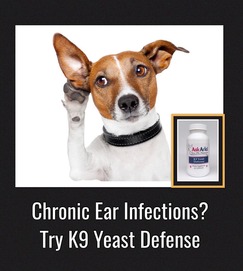
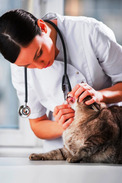
- Power Probiotic for Pets-essential for your pet's good health. Supports digestion, helps fight infection and enhances overall immunity. Very important if your cat has taken any antibiotics.
- K-9 Yeast Defense-contains natural anti-fungal ingredients that kill off yeast and help rebalance the intestinal tract.
- Amazing Omegas- A research-backed, powerful source of omega-3 nutrients that controls allergies. The best fish oil available for pets.
- AllerEaze-Pets with yeast tend to have allergies. To help reduce your pet's allergy symptoms, you need to do more than just kill off the yeast. By using AllerEaze along with the yeast protocol, you are giving your pet a natural antihistamine that helps calm down the allergic response.
- NotaSAN-Natural homeopathic formula that fights inflammation and infections. First line of defense for infections in cats. Can be used safely long-term to prevent recurrences. Use with QuentaSAN for best results.
- QuentaSAN - Natural homeopathic formula that fights redness and bacterial infections. Essential for pets that have autoimmune and viral conditions.
Win A Free Toy For Your Special Valentine
*No Purchase Necessary*
Valentine Toy Contest Starts Today Through February 12th. Post A Photo of Your Pet Now!
The Sooner You Post, The Better Chances To Win!
Here is how to enter to win:
1) Post any photo of your pet (s) on our Facebook page
2) Include a comment about any of our products that you like or are interested in knowing more about along with the photo of your pet
3) Email us at support@askariel.com so we can contact you if you win!
Prizes
7 lucky winners will win a free Valentine toy!
2 of the winners who have the MOST LIKES on our Facebook page will also receive the Valentine Treat Bag Grand Prize. The other 5 winners will be chosen from a random drawing on February 12th.
Valentine Treat Bag Grand Prize (2 winners with the most FB likes) will receive a free Power Probiotic, free shipping coupon, a Valentine toy and some healthy freeze dried treats.
Note: Winners must be 21 years of age and a US resident. If you don't know how to post a photo of your pet on Facebook, please just email us what you would like to post and we can do it for you.
Valentine Toy Contest Starts Today Through February 12th. Post A Photo of Your Pet Now! The Sooner You Post, The Better Chances To Win!
Having a family pet can be beneficial for children. It can help teach them love, respect, and responsibility. The key for successful pet ownership is adult supervision, age appropriate tasks and open communication regarding expectations and concerns.
- the age of the child
- the size, energy, strength and temperament of the pet
- safety for the child and the pet (the location of a walk, presence of other animals that could cause aggressive behavior, hand feeding that could cause nipping, etc.)
- the extent to which the child is able to display empathy for the pet's well being (not chasing it, etc)
*https://www.avma.org/news/javmanews/pages/130201a.aspx
Most joint support supplements contain glucosamine, which is a supplement that is often given to middle age dogs and cats to help relieve the pain and soreness within their joints. It is especially helpful for pets with deteriorating joints, dysplasia (hip or elbow) and arthritis. While glucosamine is generally well-tolerated by most dogs, a small percentage may have an allergic reaction.
While many pets
can tolerate glucosamine without a problem, some may have an allergic reaction. The
most likely culprit is a food allergy to shellfish since glucosamine is derived
from shellfish.
Symptoms Of A Glucosamine Allergy In Dogs
Identifying an allergic reaction to glucosamine in dogs can be challenging, as allergies may manifest in various ways. Here are some signs that could indicate a potential allergic reaction to glucosamine in your dog:
Skin Issues: Allergic reactions often present with skin problems such as itching, redness, hives, or rash. If you notice your dog excessively scratching, licking, or chewing at their skin after starting a glucosamine supplement, it could be a sign of an allergy.
Gastrointestinal Distress: Some dogs may experience digestive issues when they are allergic to a substance. This can include symptoms like vomiting, diarrhea, or changes in bowel habits.
Swelling: Swelling, particularly around the face, muzzle, or eyes, can be indicative of an allergic reaction.
Respiratory Symptoms: In severe cases, allergic reactions can lead to respiratory issues such as coughing, wheezing, or difficulty breathing. Breathing difficulties always require immediate veterinary attention.
Alternative Joint Support Supplements For Dogs Allergic To Glucosamine
The good news is that there are plenty of other options for joint support if your dog is allergic to glucosamine. Here are the best joint support supplements to give dogs with a glucosamine allergy.
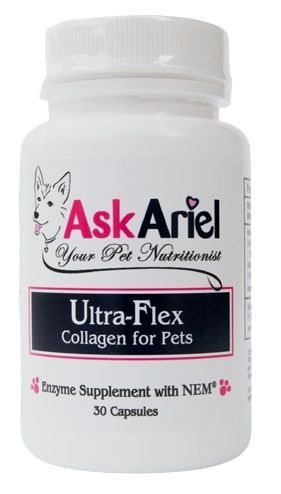 - A natural “whole-food” supplement that strengthens cartilage, rebuilds connective tissue and supports joint health. Collagen is the "cellular glue" that is found in the bones, muscles, skin, tendons, and digestive tract of your pet. As pets age, natural collagen production declines and can lead to decreased elasticity and stability in the joints, muscles and connective tissue.
- A natural “whole-food” supplement that strengthens cartilage, rebuilds connective tissue and supports joint health. Collagen is the "cellular glue" that is found in the bones, muscles, skin, tendons, and digestive tract of your pet. As pets age, natural collagen production declines and can lead to decreased elasticity and stability in the joints, muscles and connective tissue.Ultra-Flex Collagen For Pets contains NEM® brand eggshell membrane - a safe, all-natural whole-food source containing three varieties of collagen, glycosaminoglycans (GAGs) such as chondroitin sulfate, glucosamine, hyaluronic acid, and enzymes for enhanced absorption and bioavailability. Excellent choice for pets that are allergic to glucosamine or that are picky about herbal formulas. Great for cats and dogs.
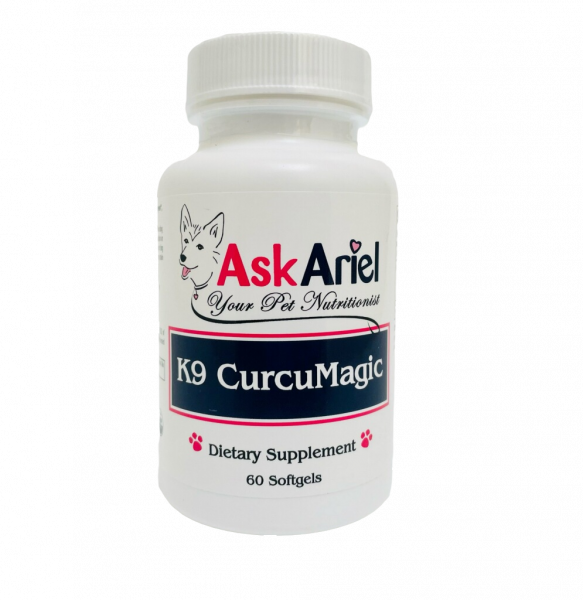
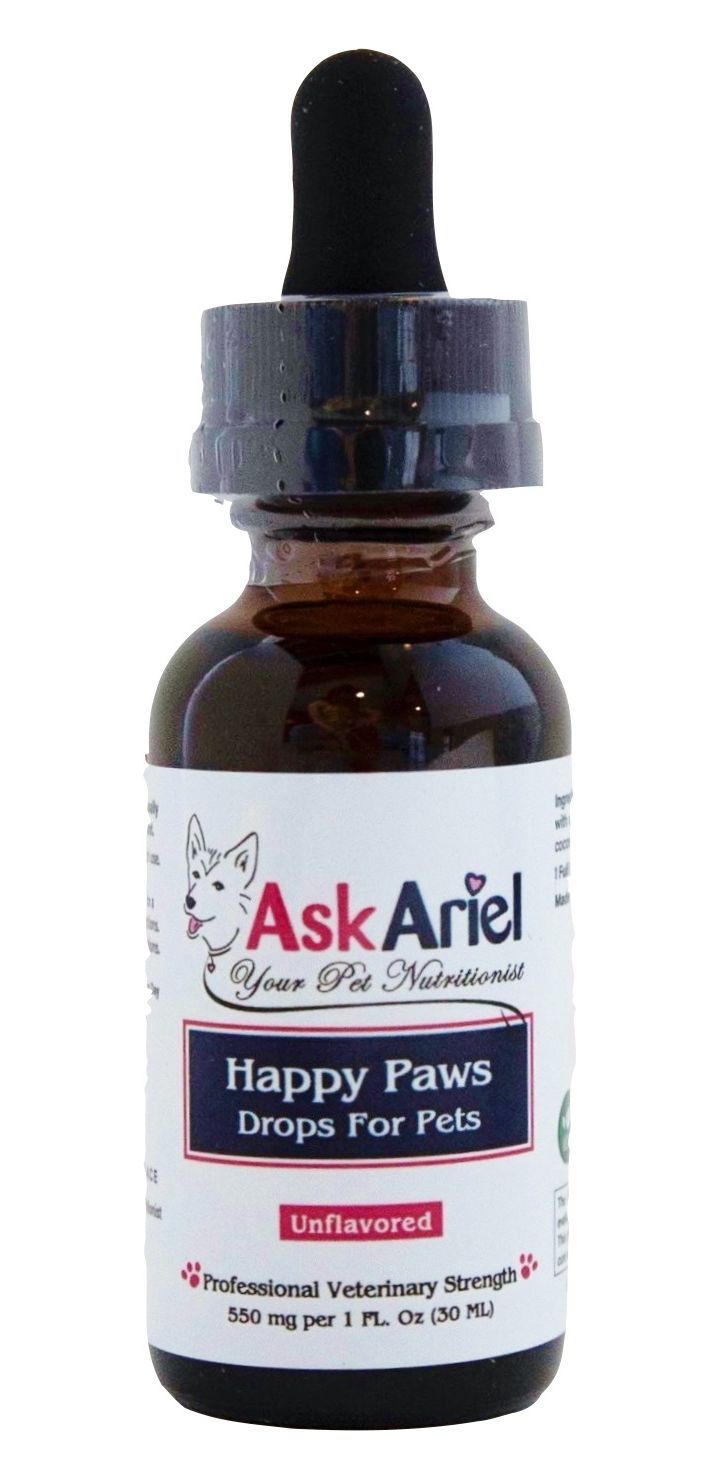
Happy Paws Hemp Extract Drops is a high-quality hemp CBD oil that can help improve your pet’s overall well-being. Just a few drops of this non-psychoactive tincture is an effective way to reduce anxiety, inflammation and relieve pain. Happy Paws is a full-spectrum hemp oil containing CBD, CBG, CBN, and CBDA. Rigorous independent laboratory testing ensures purity.
Many cat owners with good intentions do let their cats outside thinking it will be just for a short period of time. But, there are many dangers: attacks by dogs, other cats or predators such as coyotes, contracting diseases, getting hit by a car, confiscation, to name just a few. The risks of letting a cat out on its own can often outweigh the potential benefits. Fortunately there are other options to consider that might make your kitty happy and keep them safe.
Safe Options For Kitties Who Long For The Outdoors
- Install an outdoor enclosure
- Walk your kitty with a harness
- Carry your cat around while allowing them to sniff
- Use a kitty stroller
- Personal vest-type carrier
- Create more vertical space within your home with trees and window perches
- They are trying to get an emotional response from you- many dogs have been taught that you smile every time they tilt their head and they are just trying to make you happy.
- Tilting their head allows them to pinpoint the location of the sound better. Researchers have found that, depending on the shape of the dog’s head, tilting may have some physical or sensory benefit. It is not clear why, but seems to be especially true in dogs with longer muzzles.
- Deep concentration-It has been found that when dogs are extremely focused on the meaning of your words they tilt their head, perhaps listening and watching for social cues.
Thousands of years ago when dogs roamed the wild, burying bones and surplus food was a means of survival. Burying the food acted as a natural preservative (keeping it cooler and out of the sunlight), improved the flavor and provided a hiding place from scavengers. This ensured they would have a tasty treat available in times of need.
 |
| Photo Courtesy of @PeculiarPanther |
